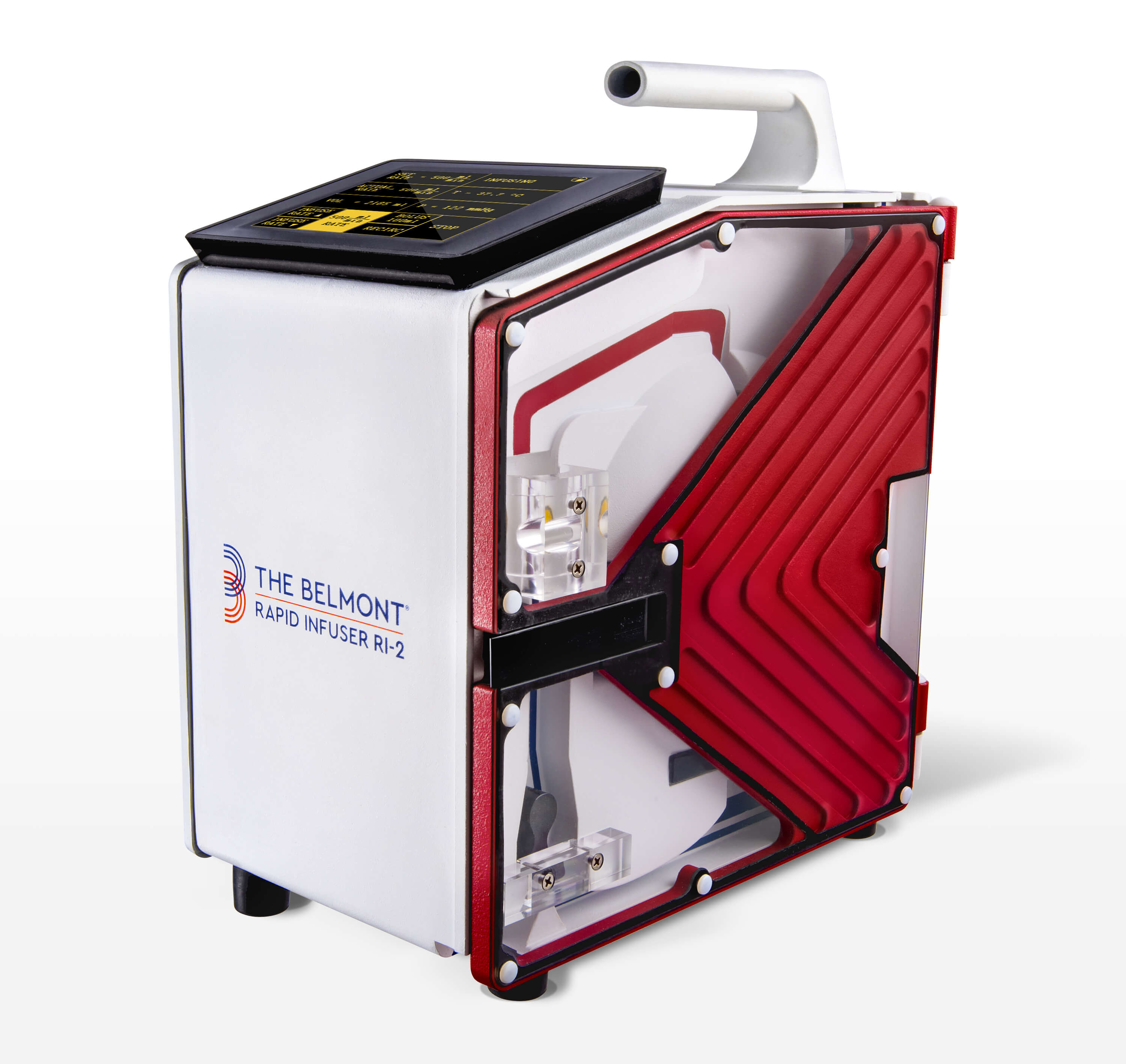Labor & Delivery
Are you prepared to combat obstetric hemorrhage?
No child should grow up without a mother. But even in the most developed countries, including the United States, the rate at which mothers die during childbirth has more than doubled over the past two decades. Of all causes of maternal mortality and morbidity, postpartum hemorrhage (PPH) remains the most common and serious.
Rapid Infusion Saves Mothers’ Lives
Severe, uncontrollable bleeding during childbirth can happen unexpectedly even with low-risk women, turning a normal delivery into a life-threatening emergency. While little can be done to fully prevent the occurrence of PPH, early recognition of blood loss, prompt activation of massive transfusion protocol (MTP), and immediate availability of equipment capable of rapidly restoring intravascular volume can vastly extend the narrow window of time available to provide critical treatment.
The importance of transfusion therapy in response to PPH was recognized as far back as 1818, when a London obstetrician performed the first successful human-to-human blood transfusion. Modern guidelines for hospital labor and delivery departments contain equipment requirements to better prepare for obstetrical emergencies, including devices designed to rapidly warm and administer life-saving blood products to prevent hypothermia-induced coagulopathy during hemorrhagic shock.
How We Help
Protecting Mothers with the Best
Protecting woman from preventable causes of maternal morbidly and mortality also protects the healthcare provider. “Maternal death or serious injury associated with labor or delivery in a low-risk pregnancy while being cared for in a healthcare setting” is listed by the National Quality Forum (NQF) as a serious reportable event (SRE).
Purpose-built for warming blood and fluids at high flow rates, The Belmont® Rapid Infuser RI-2 is cited in the literature, including the NHS Obstetric Anesthetists Handbook and Expert Review of Obstetrics & Gynecology, as an ideal solution capable of keeping up with uterine blood loss, which can reach rates of up to 600 ml/min. near-term.
Essential for PPH Management


The Belmont® Rapid Infuser RI-2
A leading medical device in combating hypothermia and blood loss, The Belmont® Rapid Infuser RI-2 delivers life-saving blood and fluid at a moment’s notice.
- Easily operated by a single user
- Pre-assembled, color-coded disposables for quick installation
- On-screen instructions and alert descriptions
- Exceptional air detection and removal
- Wormer KC, Jamil RT, Bryant SB. Acute Postpartum Hemorrhage.
- Bingham D, Jones R. Maternal death from obstetric hemorrhage. Jnl of Obstetric, Gynecologic, and Neonatal Nursing. 2012;41:531–539.
